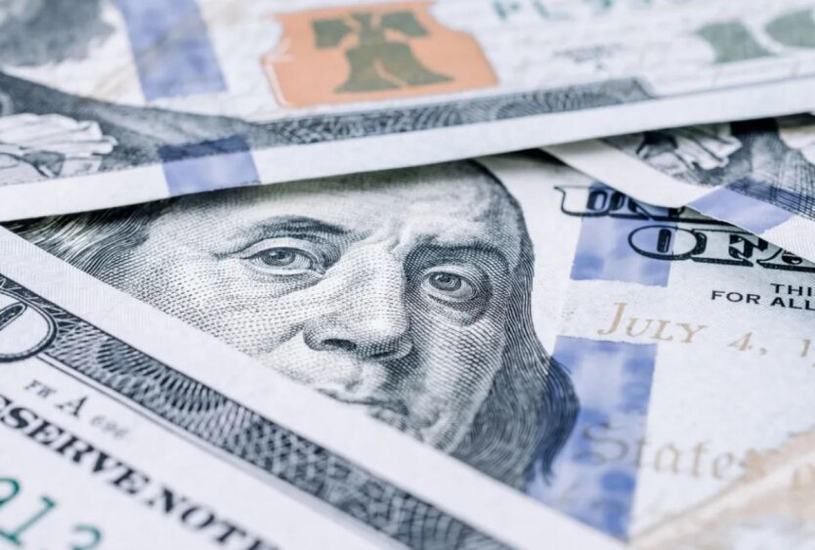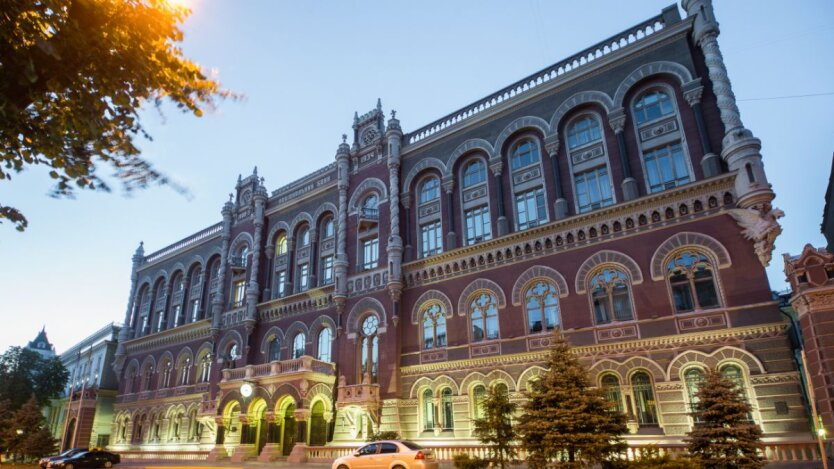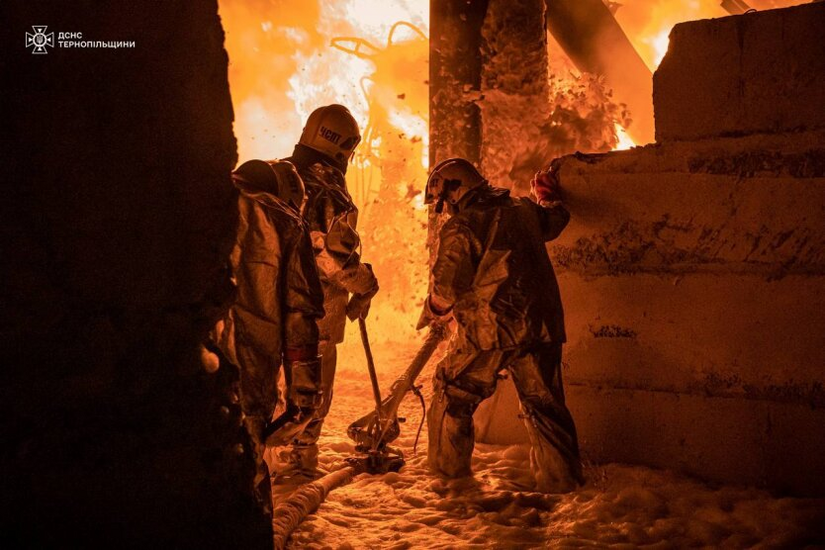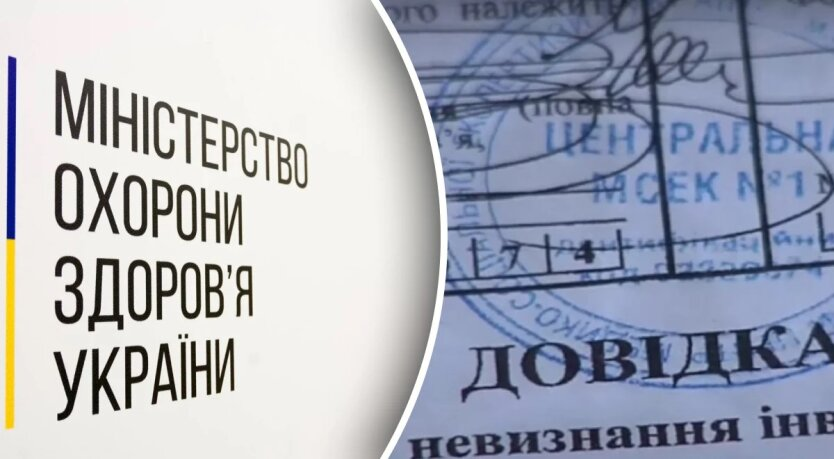Trump's return to power could change the US course on Ukraine's NATO membership, — FT.

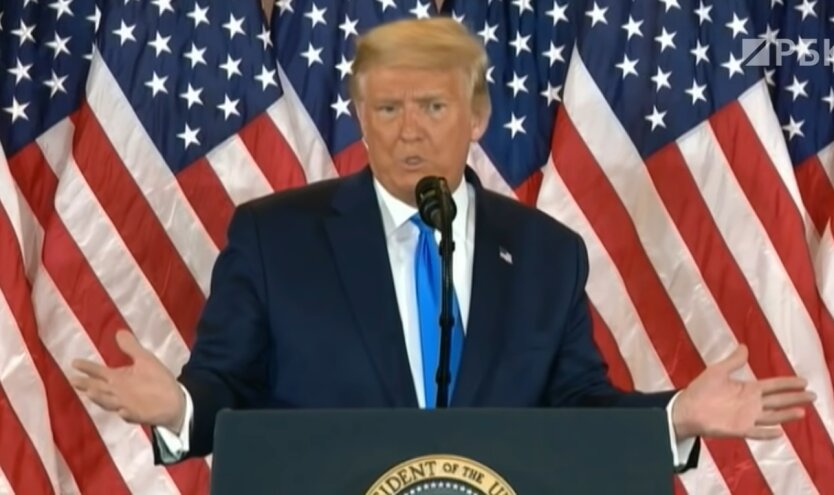
Recently, there has been increasing discussion about Ukraine's future as a neutral country without NATO membership. This is becoming particularly important in the context of potential changes in US policy, especially if Donald Trump returns to power. Much speculation concerns possible US betrayal towards Ukraine, but the issue of neutrality is gaining more relevance.
"Neutrality is, obviously, what they [the Russians] consider existentially important for themselves," said JD Vance, a potential Republican vice-presidential candidate.
The Biden administration categorically rejects the idea of Ukraine's neutrality, stating that Russia is still trying to subjugate Ukrainian territory. Ukraine insists on the full restoration of its territorial integrity, including Crimea, and aspires to join NATO, where it receives support from the US and European allies.
"The biggest obstacle to peace is not Ukraine's deep unwillingness to make territorial concessions — although it is real. It is the fact that Russia will still demand a settlement that involves subjugating 80% of the territory of Ukraine that it does not control," believes Gideon Rachman.
Washington is also considering an "Israeli option" for Ukraine's development, which involves receiving military aid to independently deter Russian aggression, but without formal treaty obligations.
According to Gideon Rachman, Putin is waiting for further events in America, as the Biden administration will not agree to Ukraine's neutrality, while the Trump-Vance administration might. Therefore, Putin has an incentive to continue the war until the results of the US elections remain uncertain.
Previously, The Hill considered the possibility of defending Ukraine from Russia outside of NATO.
Read also
- Trump's team closely collaborates with Biden on Ukraine - Volz
- Trump Wants to Ban Transgender People from Military Service. Thousands Will Have to Be Discharged
- Trump does not disclose who is funding his transition team - NYT

